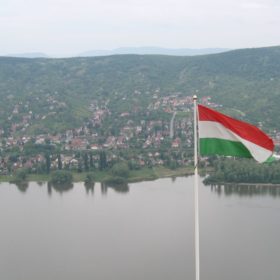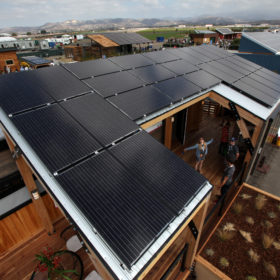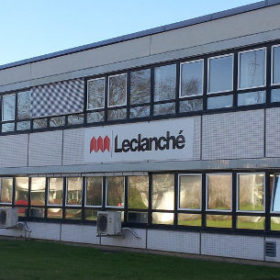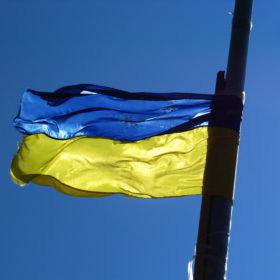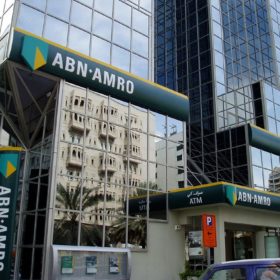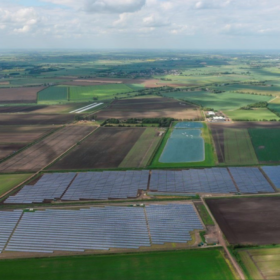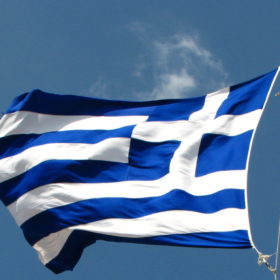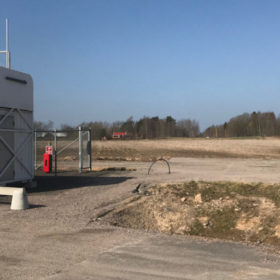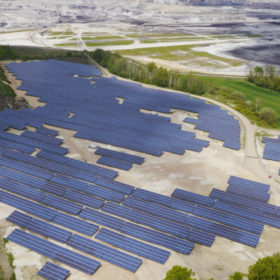Italy’s Water Alliance launches €110 million tender to buy power from renewables
The purchased electricity will be used to power the companies’ purifiers, waste water lifting stations, treatment plants of drinking water, cathodic protection systems, and several offices.
Hungary unexpectedly terminates FIT for PV projects ranging from 50 to 500 kW
The Hungarian government has amended its recently issued support scheme METAR, in order to introduce a tight deadline for residential and commercial PV, which will, in reality, mean the end of most of projects in this segment. The METAR scheme had been approved by the European Commission last summer.
Blockchain could significantly shape management of renewables, but challenges remain – report
The evolving outlook for project finance, as well as the gradual maturation of technologies, such as blockchain, present new challenges and opportunities for renewables, EY says in its latest Renewable Energy Country Attractiveness Index (RECAI) report. Uncertainty in the sector continues to drive a “relentless focus on cost” to soften the impact of protectionism, subsidy cuts and rising interest rates throughout the world, it adds.
Leclanché suffers delayed capital, losing third of revenues
Swiss storage system provider releases financial report for 2017 showing losses, due to growth capital delay. Project from 2017 pipeline will be finished in 2018, however, promising a strong year ahead. Overall, it expects 100 MWh of operational storage projects this year.
Ukraine has now 63 MW of solar under net metering
The net metering scheme, which is open to rooftop solar PV projects not exceeding 30 kW in size, was introduced by the Ukrainian government in 2015.
ABN Amro launches €200 million fund for energy transition
The fund is expected to make equity capital investments in the range of €10 million to €25 million, mostly in the Netherlands and Northwest Europe.
Lightsource BP, UK water utility partner for 10 solar farms
U.K.-based water company, Northumbrian Water has entered into a partnership with Lightsource BP for the development of 10 new solar farms at its sites, which are expected to generate 10 GWh of clean electricity each year to help power its operations.
Greece to tender 300 MW of PV in July
Greece’s tender-based policy scheme for the support of renewable energies is maturing. After running a pilot tender in 2016, the country will tender 300 MW of solar PV power and 300 MW of wind power projects on July 2.
AT Solar builds innovative storage project based on hydrogen in Sweden
The goal of the project, RE 8760 is to show how the storage of renewable energies can make them usable all year round. The generated solar power is stored and converted into hydrogen. It can also be conserved over long periods and used to recharge fuel cell vehicles during the dark winter months.
Germany covered 12.1% of its power demand with solar in April
Eon announced that, for the first time, more than 10 billion kWh of solar power were generated in Germany between January and April. Bruno Burger of Energy Charts has also determined that the last week of April was the best week for renewable energies in the current year, with a share of 53.2% in electricity generation across the country’s grid.

